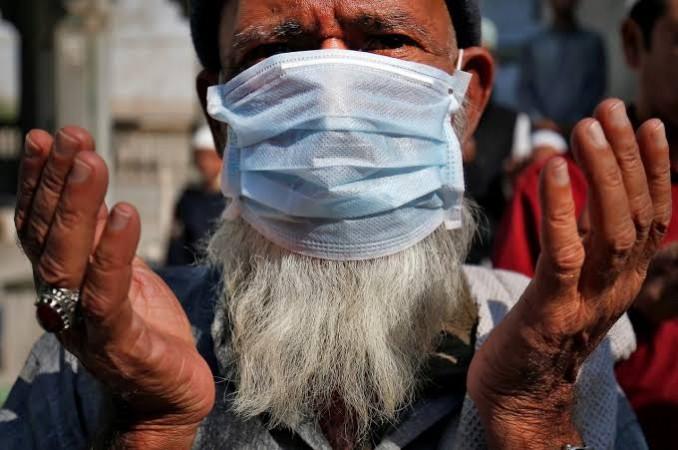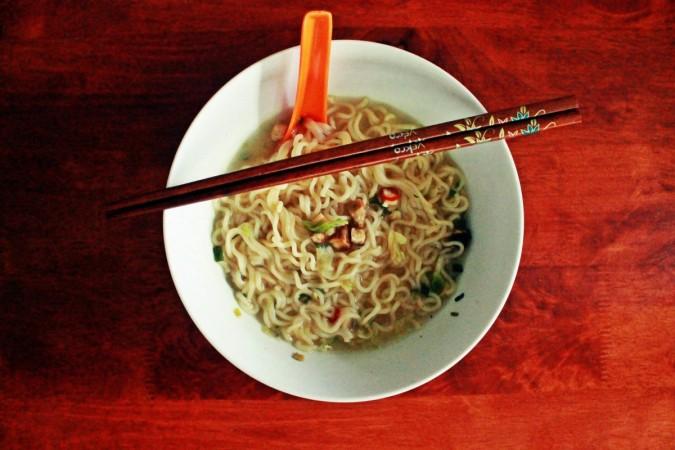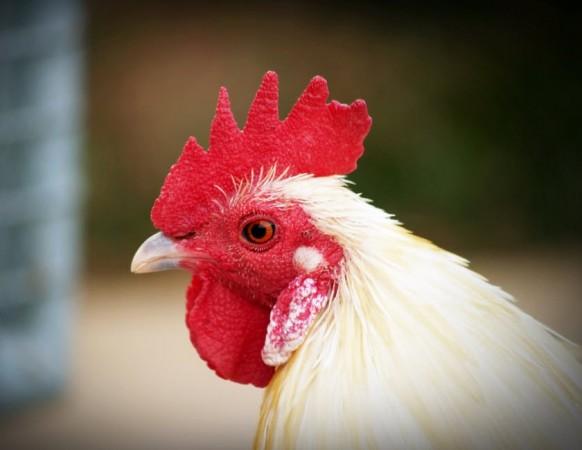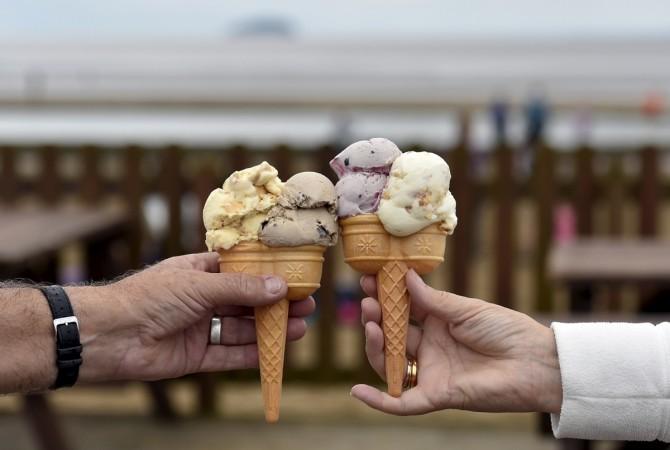Coronavirus continues to claim lives and cause an epidemic in China, but the respiratory disease is not limited to the world's most populated country. Ever since the outbreak, multiple cases have been reported out of China and India, the second largest populated country in the world, also reported 3 confirmed cases of Coronavirus. The deadly disease has caused nationwide unrest, hence people are looking for ways to protect themselves.
People are in fear of contracting the disease and willing to believe anything they read. While there are legitimate sources available to get accurate information about how Coronavirus is spread, what are the symptoms and more, people tend to fall for myths widely circulated on social media platforms. WhatsApp is one of the biggest sources to get information and Coronavirus scare has prompted several fake messages about the disease to go viral.
There have been some absurd suggestions on how to cure Coronavirus, one such includes drinking cow urine and applying cow dung on your body. But there have been many bizarre suggestions going around that have fooled one too many people. If you've been getting your dose of daily information about Coronavirus from WhatsApp, here are a few viral hoaxes you should not believe.
Wearing face masks in reverse
Myth: A viral WhatsApp forward claims to teach people how to wear a face mask. Citing a "nurse," the message suggests the coloured side of the mask should be out if you're sick and the white side must be out if you're not sick.

Clarification: What people should know about this message is that there's no authenticity to what's claimed here. Firstly, a surgical mask should be worn with the coloured side out and the white filter side inside. Wearing the mask inside out doesn't change the way how the mask works, but it can be uncomfortable around the nose, causing openings due to improper fit. People can also go for any N95 mask, but it is not the only solution to prevent nCov infection.
Eating Chinese food
Myth: Since the novel Coronavirus disease originated in China's Wuhan city, there have been strict warnings against consuming Chinese food in India.

Clarification: World Health Organisation is the best source to get the most accurate information about Coronavirus and WHO has not listed Chinese food as a risk for catching the viral disease. It's safe to assume that you can consume Chinese food as long as it is prepared in hygienic conditions.
Avoid broiler chicken
Myth: There have been several WhatsApp forwards propagating that Coronavirus was found in broiler chickens. As a result, consuming broiler chicken could cause Coronavirus infection.

Clarification: The nature of the message itself is shady. Firstly, the broiler is misspelt as "boiler" and Coronavirus is misspelt as "Korona Virus." As for consuming broiler chicken, a link hasn't been established between the virus and poultry. Broiler chickens are bred for meat production locally and have no Chinese origin. If broiler chickens are bred in hygienic ways, they do not pose a health risk.
Eating frozen food, ice creams
Myth: There were precautionary messages circulated on social media and WhatsApp, suggesting Coronavirus spreads through the consumption of frozen foods. People were asked not to consume ice creams or even cold drinks for 90 days.

Clarification: You'll be at ease to know that there have been no links between Coronavirus and frozen foods, ice creams and cold drinks. People should always check for expiry of any packaged product before consuming and fake messages should not be believed. Unless of course, your doctor advises you against the consumption of cold items, you're good to go.
We are pretty sure there are plenty other hoaxes and myths about Coronavirus, but our best advice is to get your knowledge about the disease from reliable sources like WHO, CDC or just talk to a doctor.

















